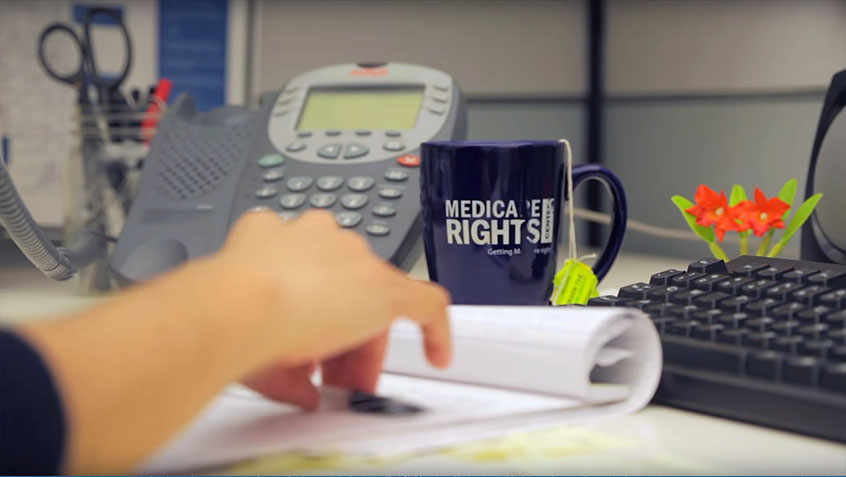
Updated Medicare Savings Program Application May Ease Access to Assistance
Last week, Medicare Rights submitted brief comments in support of an updated Medicare Savings Program (MSP) application redesign. MSPs help
Join Us Live for a Discussion on Medicare, Democracy, and the Future of Health Care

Last week, Medicare Rights submitted brief comments in support of an updated Medicare Savings Program (MSP) application redesign. MSPs help
Medicare Rights’ comments are informed by our work helping thousands of people with Medicare apply for Medicare Savings Programs (MSPs). As the Centers for Medicare & Medicaid Services (CMS) has documented, MSP processes are notoriously confusing for applicants, as well as many advocates and eligibility workers.

This week, the Centers for Medicare & Medicaid Services (CMS) finalized a rule to make enrolling and staying in Medicaid

We wrote last month and late last year about the crisis facing programs that support assistance for low-income Medicare beneficiaries.


As we covered last month, authorization and funding for outreach and enrollment to low-income Medicare beneficiaries was dropped from the

Today, the Medicare Rights Center joined 75 national organizations in urging Congress to include funding for Medicare low-income outreach and

Earlier this month, legislators agreed to a Continuing Resolution (CR) which kept current funding levels steady for a few months

This week, we at Medicare Rights released our annual Medicare Trends Report, which features key challenges facing people with Medicare
In 2022, Medicare Rights staff and volunteers addressed more than 27,000 questions through its national helpline and professional email channels. Additionally, Medicare Rights’ free and independent online reference tool, Medicare Interactive (MI), provided more than 2.6 million answers for beneficiaries, their caregivers, and professionals. This report features the top helpline trends and highlights the most commonly sought helpline and Medicare Interactive answers, providing a glimpse into the various questions and needs of Medicare beneficiaries, caregivers, and the professionals assisting them in the community in 2022.

Last week, Medicare Rights submitted brief comments in support of an updated Medicare Savings Program (MSP) application redesign. MSPs help
Medicare Rights’ comments are informed by our work helping thousands of people with Medicare apply for Medicare Savings Programs (MSPs). As the Centers for Medicare & Medicaid Services (CMS) has documented, MSP processes are notoriously confusing for applicants, as well as many advocates and eligibility workers.

This week, the Centers for Medicare & Medicaid Services (CMS) finalized a rule to make enrolling and staying in Medicaid

We wrote last month and late last year about the crisis facing programs that support assistance for low-income Medicare beneficiaries.


As we covered last month, authorization and funding for outreach and enrollment to low-income Medicare beneficiaries was dropped from the

Today, the Medicare Rights Center joined 75 national organizations in urging Congress to include funding for Medicare low-income outreach and

Earlier this month, legislators agreed to a Continuing Resolution (CR) which kept current funding levels steady for a few months

This week, we at Medicare Rights released our annual Medicare Trends Report, which features key challenges facing people with Medicare
In 2022, Medicare Rights staff and volunteers addressed more than 27,000 questions through its national helpline and professional email channels. Additionally, Medicare Rights’ free and independent online reference tool, Medicare Interactive (MI), provided more than 2.6 million answers for beneficiaries, their caregivers, and professionals. This report features the top helpline trends and highlights the most commonly sought helpline and Medicare Interactive answers, providing a glimpse into the various questions and needs of Medicare beneficiaries, caregivers, and the professionals assisting them in the community in 2022.